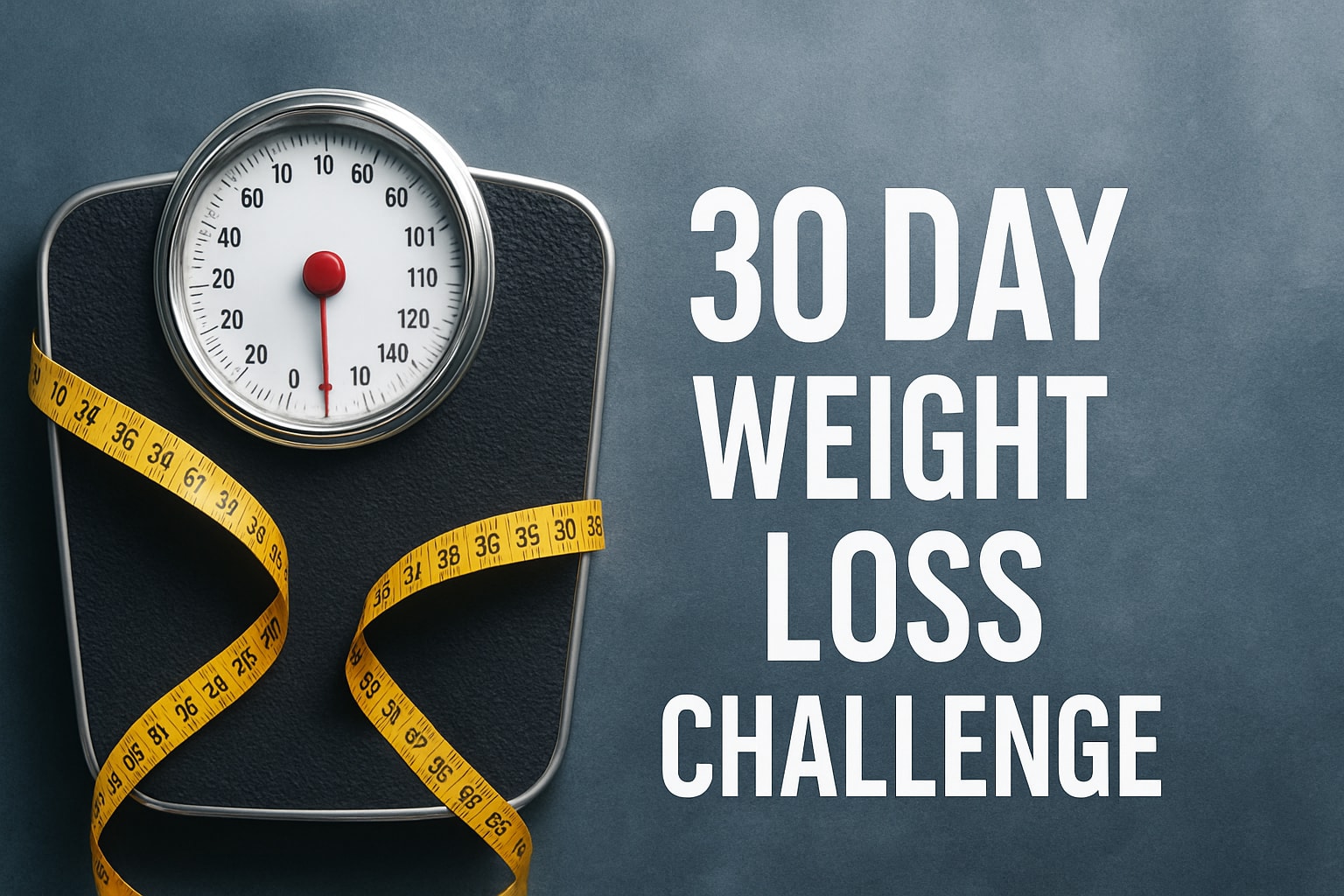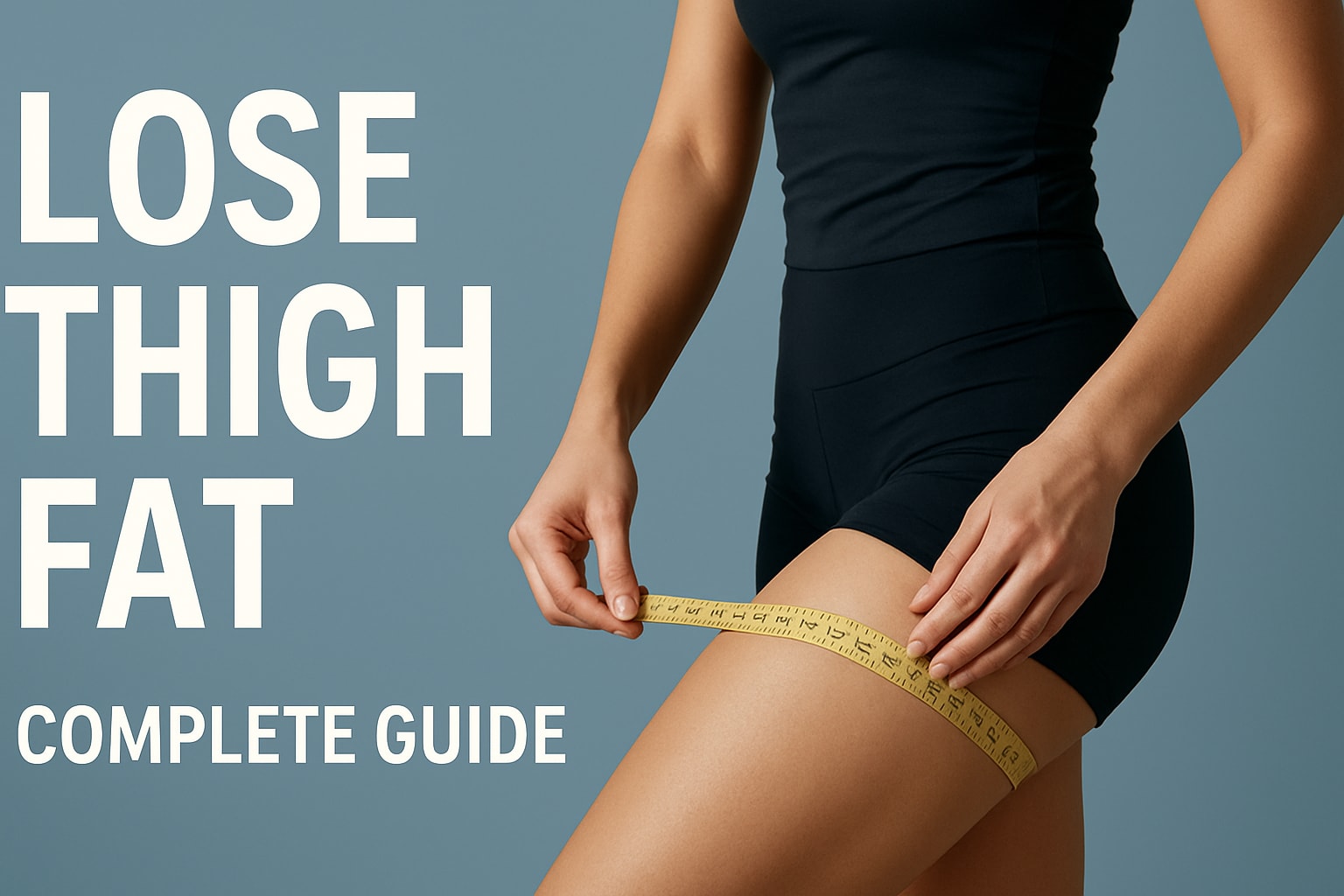Are restless nights and daytime fatigue clouding your everyday life? You might have something called sleep apnea.
Sleep apnea, a condition often disregarded, can do more than just disrupt a good night's rest… It can create real anxiety throughout your waking hours. But what if you had a way to feel better?
Can sleep apnea be cured? Not really, not completely anyway. However, there are ways to reduce the discomfort, and to improve your stress levels during the day.
What is sleep apnea?
Sleep apnea is a very tiring condition. Sleeping through the night is made very difficult because the body is battling to take in oxygen. It's more than snoring or having stuffed airways because of a cold; it's a sleep disorder where the airway becomes blocked, leading to pauses in breathing or shallow breaths while you sleep.
What should be deep, restorative sleep becomes restless hours of anxiety for your body. The worst part is that the person affected is often unaware of the situation. However, the consequences are there the next day – fatigue, cloudiness and inability to concentrate.
It's not just a bad night's sleep; it's a recurring disruption of sleep, night after night, which takes a real toll on your body.
Why sleep apnea occurs: the causes of sleep apnea
Can sleep apnea cause anxiety, or does anxiety cause sleep apnea? It’s a vicious cycle, really. Stress and sleep apnea often fuel each other, making the condition a little worse every night.
There is no one reason for sleep apnea, as the condition can be caused by many things, for example:
- Obesity.
- Narrowed airways.
- Nasal congestion.
- Alcohol use.
- Smoking.
- Overuse of sedatives.
- Genetics.
It’s a good idea to try to pinpoint your particular underlying cause, to manage it more easily.
The health consequences of ignored sleep apnea
Untreated sleep apnea can have serious effects on your mental and physical health. Sleep apnea can create heart conditions and hypertension. The fatigue that results from sleep apnea can lead to type 2 diabetes. The erratic oxygen levels that derive from the condition can also lead to metabolic syndrome, a cluster of conditions that heighten the risk of heart disease, stroke, and diabetes.
Also, sleep apnea can cause anxiety, not only for the mind but also for the body. The turbulent sleep patterns and constant awakenings affect the nerves, stressing the body. This can then translate to fatigue during the waking hours, a risk factor of anxiety. This is often coupled with cognitive conditions, like weakened memory and lack of focus that can sometimes even lead to full-blown depression.
Sleep apnea and stress - A vicious cycle
When you suffer from sleep apnea, your body produces elevated levels of stress hormones as a response to the frequent awakenings and lack of quality sleep, which in turn can lead to an increase in sleep apnea severity.
The less sleep you get, the more the stress center in your brain reacts by producing cortisol and other stress hormones, in an endless cycle.
Anxiety is both a consequence and a contributor to sleep apnea, with the only solution found through treatment of the underlying condition and management of your stress symptoms.
















